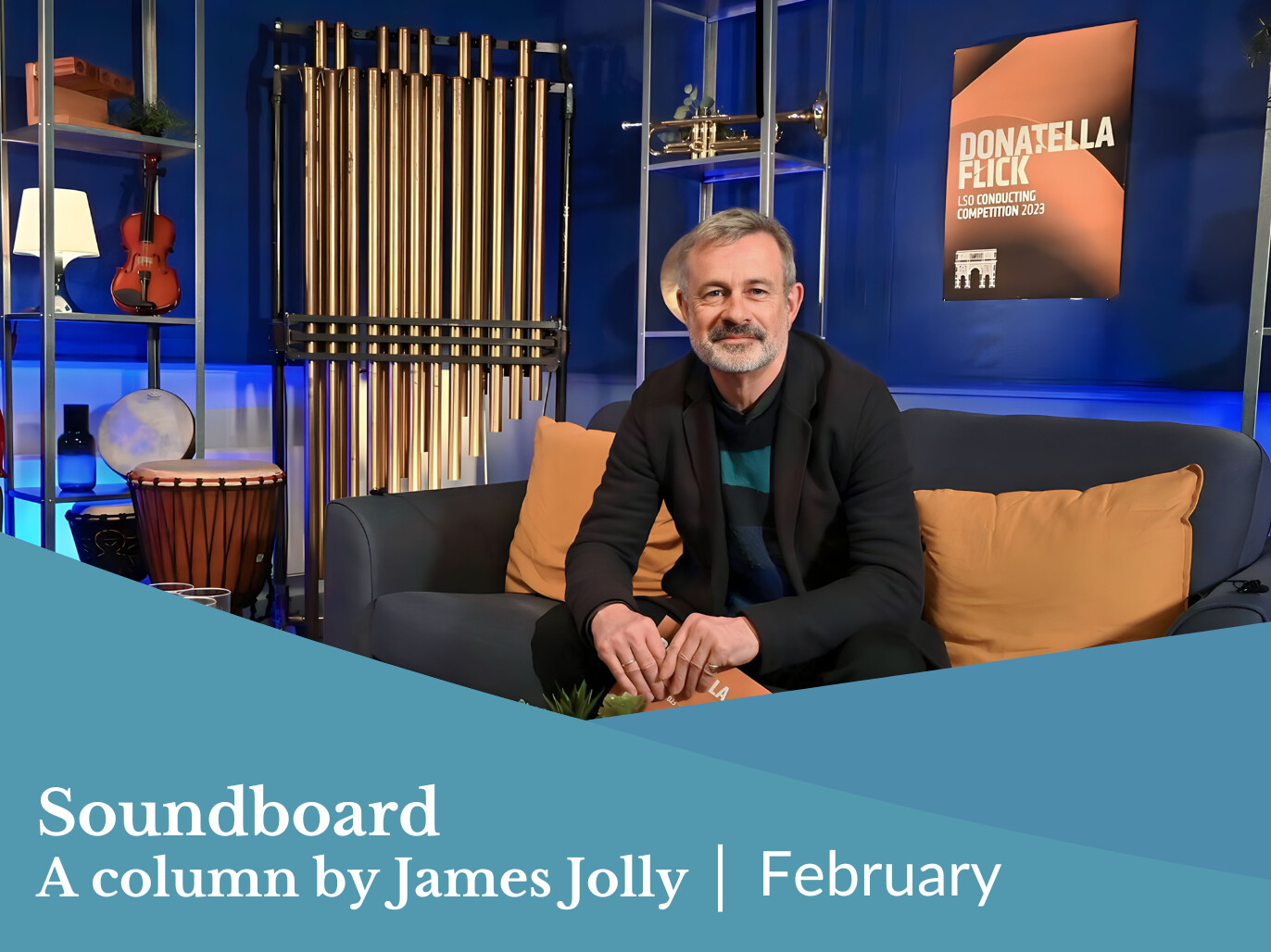I’m writing this in San Diego, in the south-west corner of the United States, just kilometres from the border with Mexico. I’m here to experience the acoustic and architectural wonders of the San Diego Symphony Orchestra’s newly refurbished concert hall, the Jacobs Music Center. That’s a story for another place, but what prompts this piece is that special chemistry between an orchestra and its music director, in this case Rafael Payare.
While the San Diego Symphony may not be the first US orchestra you might bring to mind, there’s every chance that it is going to step up into another league very soon. And one reason is the remarkable, and thankfully undefinable, spark that can happen when an ensemble eager to make music at a very level encounters a conductor who not only has something to say, but also has the ability to energise the ensemble that he or she encounters.
Rafael Payare makes an appearance on medici.tv this month when he directs his other North American orchestra, the Orchestre symphonique de Montréal, on February 19 in two Russian works, Tchaikovsky’s Violin Concerto (with Sergey Khachatryan) and Shostakovich’s Symphony No 11, The Year 1905, sometimes described as the greatest film score without a film. Like Gustavo Dudamel, Payare emerged from Venezuela’s El Sistema and his reputation as a conductor of class grows by the day (find out more about El Sistema with this fascinating documentary).
El Sistema is a music-education system created in 1975 by José Antonio Abreu, a man of rare vision who has had a huge effect on the lives of hundreds of thousands of young Venezuelans for whom music provided a sense of direction and escape from poverty. His influence on the many conductors who emerged from El Sistema, and also from the ensemble he founded, the Simón Bolívar Symphony Orchestra of Venezuela, is immense, and focused on a particular musical canon that he deemed central to the profession. It’s therefore no surprise that both Dudamel and Payare excels in many of the key works of classical music (I heard Payare direct a magnificent performance of Beethoven’s Eroica while in San Diego). His podium style is super-energetic, yet is never flashy, and his engagement with his players is quite extraordinary. I’ll certainly be tuning in to witness how he energises the two powerful Russian works on his programme with his Canadian ensemble.
That re-creative spark, indefinable but immediately recognisable, is thankfully in evidence elsewhere in the classical music world – just think about Klaus Mäkelä and his various ensembles, or Lahav Shani in Rotterdam and Tel Aviv, Nathalie Stutzmann in Atlanta, or Tarmo Peltokoski in Toulouse, not to mention many more established partnerships. It remains a mystery what actually happens, but it’s immediately apparent, almost like an electric charge in the room. There are some conductors whose technique is immaculate, their intent obvious to anyone who watches, yet very little actually happens to raise the music-making to a pulse-raising sense of excitement.
When it works, it’s often about sound, an ability to change the complexion of a phrase or even a single note, and utterly transform the mundane to the exceptional. Of course, transformative music-making transfers to the radio (or to recordings), but actually being able to watch is to become part of an audience, and experience that communal reception that draws so many of us to music, of every genre.

